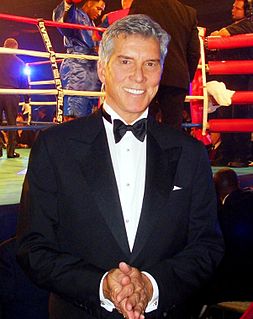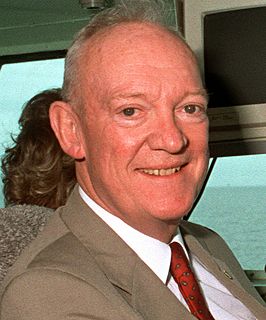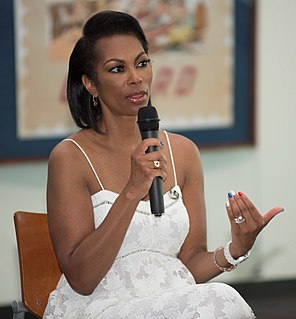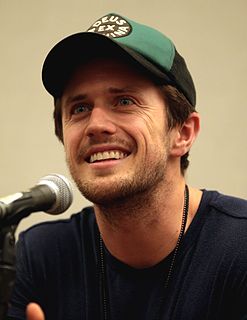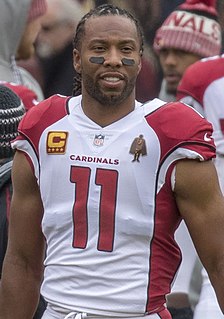A Quote by J. D. Vance
As a culture, working-class white Americans like myself had no heroes. We loved the military but had no George S. Patton figure in the modern army. I doubt my neighbours could even name a high-ranking military officer.
Related Quotes
The whole military structure in Haiti that existed until the early 1990s was put in place by the American occupation. At the top there were Southern white officers, who led an army that crushed the indigenous resistance - the cacos. A high-ranking U.S. officer said when he arrived, "To think these niggers speak French!" Later, Haitian officers attended the notorious School of the Americas at Fort Benning. The threat from the U.S. is something that is always hanging over people's heads: If we don't behave, we'll have occupation again.
Before I became President, in the aftermath of the Vietnam War, there had been fairly dramatic, and I think excessive, reductions in the capability of our military forces, and as a former military man myself - I was a professional naval officer, a submarine officer - I thought it was better, on a step-by-step, very carefully planned way, to increase the technical, or technological, capability of our weapons systems.
In Turkey also, for a long time, the military was the decisive force but in the past 10 years they have backed off somewhat and the civilian government has gained more independence and autonomy even to shake up the military command. In fact, it even arrested several high-ranking officers [for interfering in governmental affairs]. Maybe Pakistan can move in a similar direction.
Things can change if the military can do a paradigm shift and gets out of the shame and coverup cycle and be a leader in our culture. In the 50s, 60s and 70s there were huge race problems in the military even more severe than the culture at large. The military saw it was detrimental and it changed and became a model to society at large.
In Tunisia the Americans had to pay a stiff price for their experience, but it brought rich dividends. Even at that time, the American generals showed themselves to be very advanced in the tactical handling of their forces, although we had to wait until the Patton Army in France to see the most astonishing achievements in mobile warfare.
In recent years the military has gradually been eased out of political life in Turkey. The military budget is now subject to much more parliamentary scrutiny than before. The National Security Council, through which the military used to exercise influence over the government is now a purely consultative body. But Turkish society still sees the military as the guarantor of law and order. The army is trusted, held in high regard - though not by dissident liberals. When things go wrong, people expect the military to intervene, as they've intervened over and over again in Turkish history.

